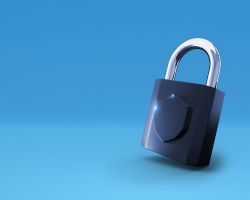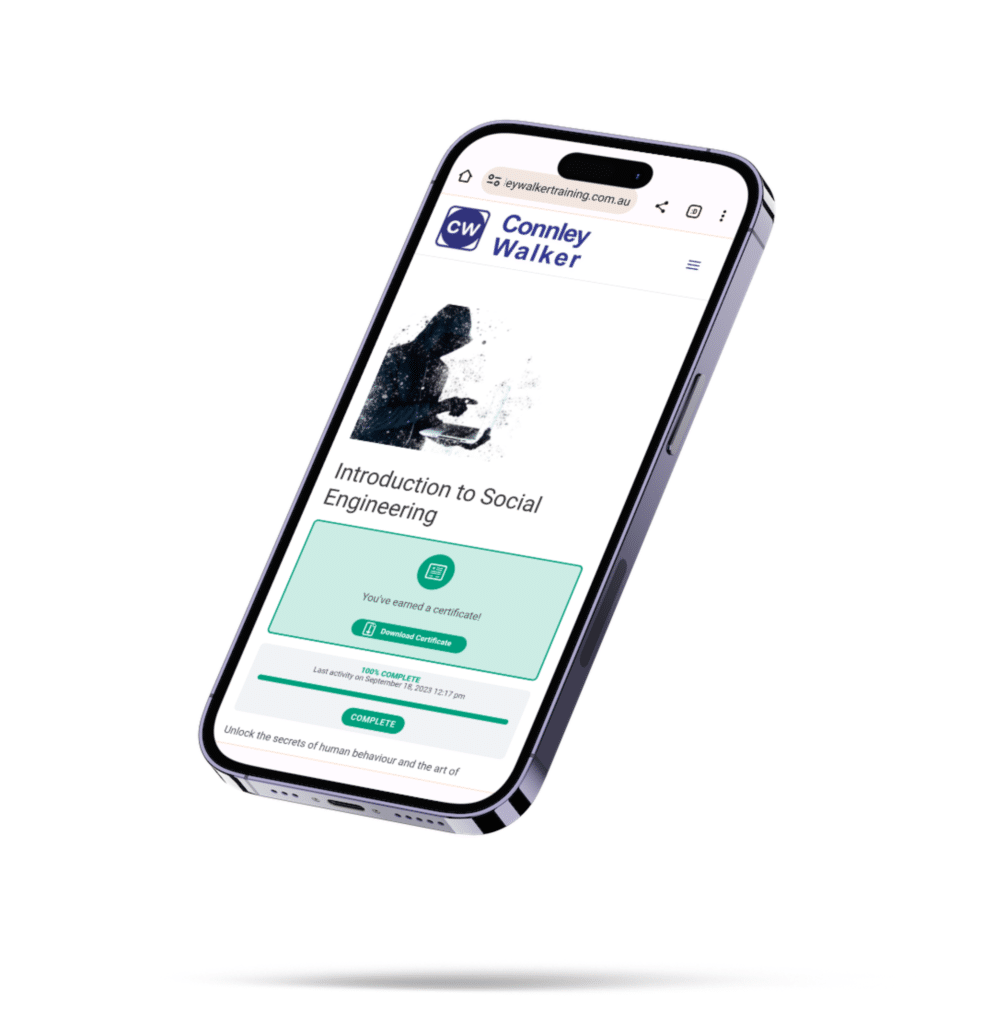
The Critical Role of Physical Security in Improving Cyber Security
In today’s digital age, cyber security is crucial for individuals and businesses alike. From financial data to sensitive personal information, almost everything is stored online. However, despite the advancements in technology, physical security is still important to prevent cyber-attacks. In this blog article, we will discuss how physical security can be used to improve cyber security.

What is Physical Security?
Physical security refers to the measures taken to safeguard the physical assets of an organisation. It includes the security of buildings, equipment, and personnel. Physical security measures include locks, access control systems, CCTV cameras, security guards, and more. Physical security is essential to prevent theft, vandalism, and other physical threats to an organisation.
How does Physical Security Improve Cyber Security?
Although physical security may seem unrelated to cyber security, the two are interconnected. Here are a few ways in which physical security measures can improve cyber security:
Access Control
Access control is a physical security measure that restricts entry to a building or a specific area within a building. Access control systems can be used to limit access to server rooms, data centres, and other critical areas that contain sensitive information. This prevents unauthorised access to hardware and data, which reduces the risk of cyber attacks.
Video Surveillance
Video surveillance is a physical security measure that involves the use of cameras to monitor a building or a specific area. This can be used to deter physical theft, but it also has cyber security benefits. For example, if a cyber attack occurs, video footage can be used to identify the attacker and provide evidence for legal action.
Security Alarms
Security alarms can be used to alert security personnel and law enforcement in the event of a breach or attempted breach of a building or specific area within a building. Security alarms can also be used to detect and prevent physical theft, which can help prevent cyber attacks.
Visitor Management Systems
Visitor management systems can be used to screen and track visitors to a building or specific area within a building. Visitor management systems can help prevent unauthorised access and identify potential threats before they occur, which can also improve cyber security.
Securing Endpoints
Physical security measures can be used to secure endpoints such as laptops and mobile devices to prevent theft and ensure employees are not leaving their devices unattended in public places, which can lead to data theft.
Environmental Controls
Environmental controls, such as temperature and humidity monitoring, are essential for maintaining the proper functioning of hardware. Without proper environmental controls, hardware can malfunction, which can lead to data loss or corruption. This is particularly important for data centers and server rooms, where hardware failures can result in serious cyber security breaches.
Redundancy and Disaster Recovery
Providing redundancy and disaster recovery capabilities such as backup generators, uninterruptible power supplies (UPS), and redundant network connections can help prevent data loss and minimise the impact of cyber-attacks.
Employee Training
Physical security measures can also be used to improve employee training for cyber security. For example, security guards can be trained to identify and report suspicious behaviour, which can help prevent phishing attacks. Similarly, access control systems can be used to monitor employee access to data, which can help identify and prevent insider threats.
In conclusion, physical security measures are often overlooked when it comes to cyber security. However, they are an essential part of a comprehensive cyber security strategy. By implementing access control systems, video surveillance, environmental controls, and employee training, organisations can reduce the risk of cyber-attacks and protect their critical data. As the saying goes, “an ounce of prevention is worth a pound of cure.” In the case of cyber security, physical security is that ounce of prevention.
Contact Us
FIll out the form below and we will contact you as soon as possible

Connley Walker is an independent group of licensed security consulting professionals with engineers specialising in physical and cyber security and risk management.
Copyright ©2023 Connley Walker Holdings Pty Ltd. All Rights Reserved.
LICENCES AND REGISTRATIONS
ACT – Security Master Licence No. 17502533.
NSW – Security Master Licence No. 409109204.
NT – No licence required.
QLD – Security Firm Licence No. 3255594.
QLD – Registered Professional Engineers No. 21615.
SA – Exempt from a licence as Engineers (Security and Investigation Industry Regulations Part 2, 5 (1) (b)).
VIC – Registered Building Practitioners No. EE21166.
VIC – Private Security Business Registration No. 720-062-90S.
TAS – Building Service Provider Licence No. 363589169.
WA – Security Agent Licence No. SA56167.
CREDENTIALS AND AFFILIATIONS
ISO 9001:2015 Quality Assured.
SCEC Endorsed Security Zone Consultants (Registration Number 0075).
Pre-qualified consultants to the Victorian Government.
Pre-qualified consultants to the NSW Government.
Pre-qualified consultants to the NT Government.
Pre-qualified consultants to the Tasmanian Government.
Represent Engineers Australia on Australian Standards for Security.
Members of Australian Security Industry Association Limited (ASIAL).
Members of Australian Institute of Project Management (AIPM).
Members of Engineers Australia.
Federal Government Endorsed Suppliers.
CONTACT US
POSTAL ADDRESS:
16 Grey Street
Caulfield South, Victoria 3162
PHONE:
